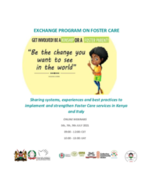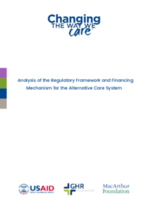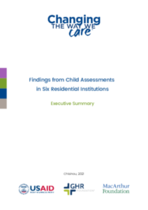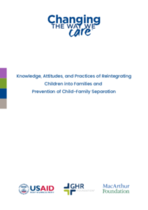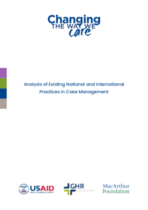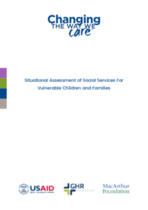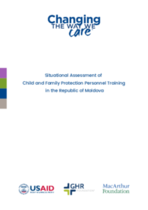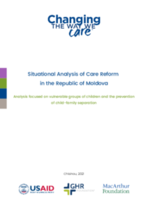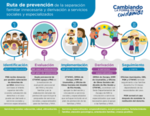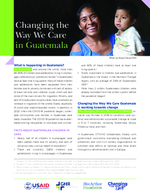Virtual Exchange Program on Foster Care: Sharing systems, experiences and best practices to implement and strengthen Foster Care services in Kenya and Italy
The Kenya-Italy “Virtual Exchange Program on Foster Care” aims to create a platform for learning, networking and sharing knowledge and best practices on Foster Care among different government stakeholders, from Kenya and Italy.
The exchange program took place on 5th, 7th and 9th July 2021.

